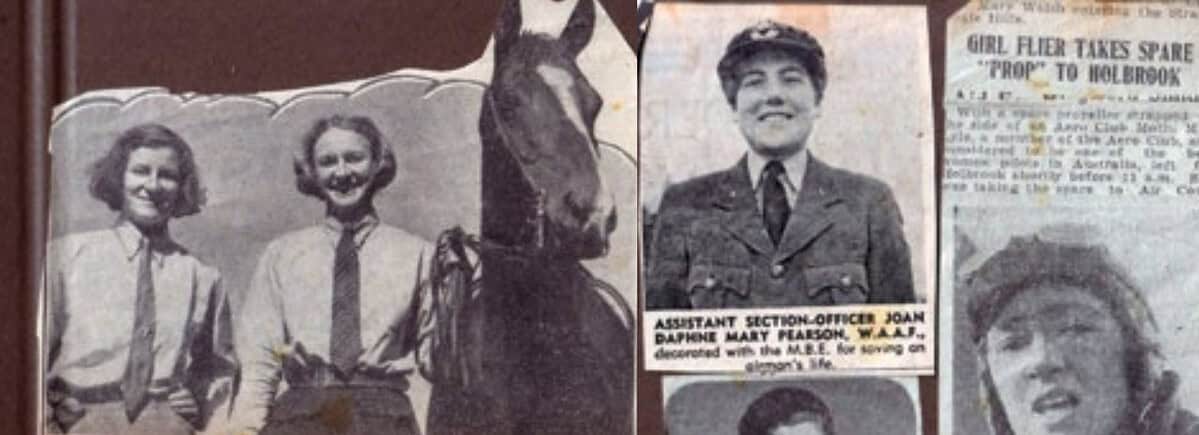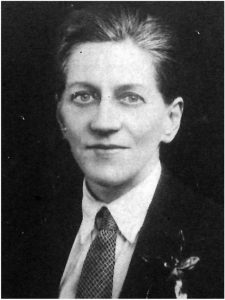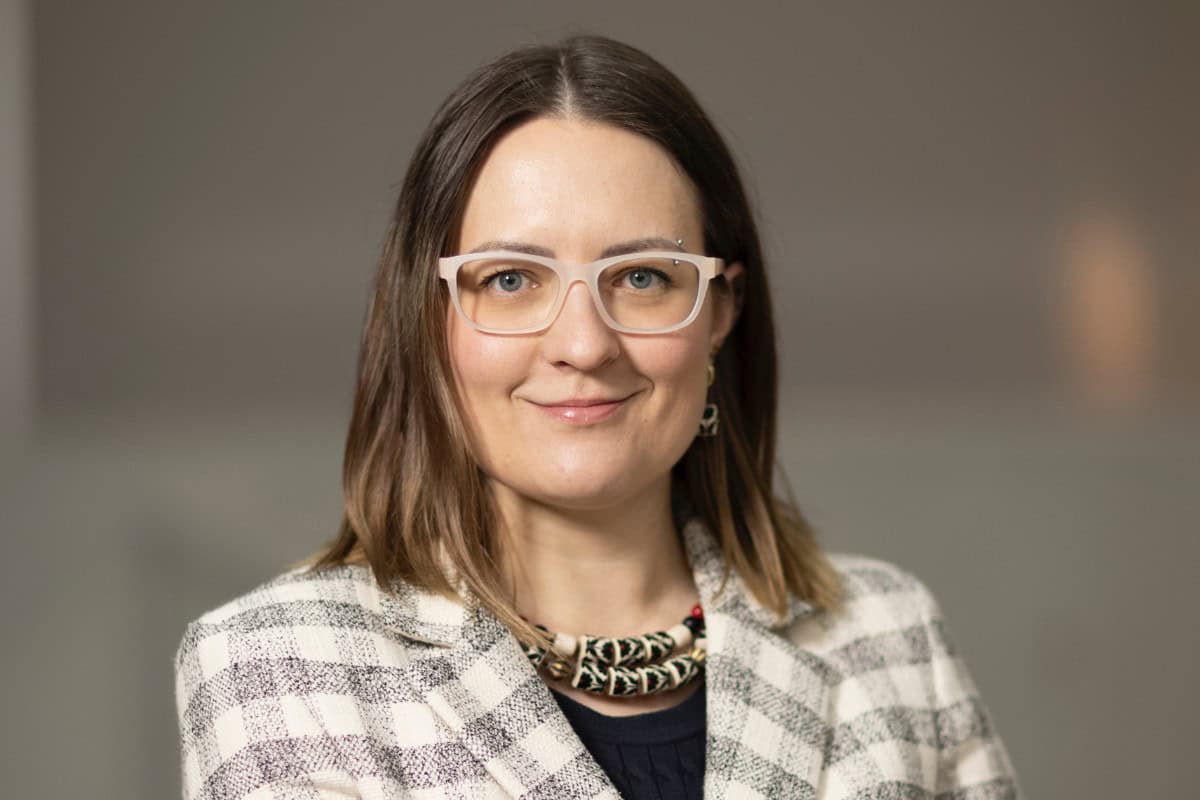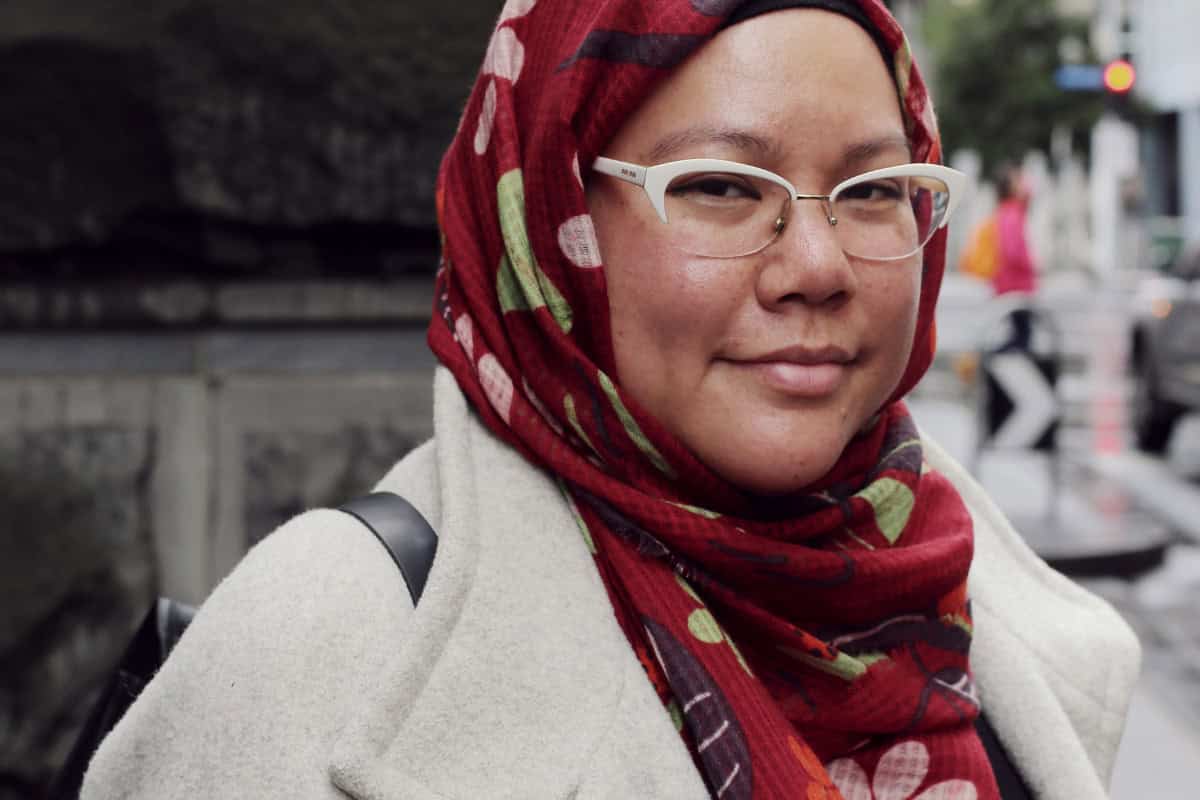
Shortly before Australia’s 1988 Bicentenary celebrations, 104-year-old Ethel May (Monte) Punshon, who had been appointed a roving ambassador for Brisbane’s Expo 88, was interviewed on TV about the fact that she had just come out as lesbian. Her declaration of her love for women had caused quite a stir in the Queensland government of the notoriously homophobic Premier Sir Joh Bjelke-Petersen. But Monte Punshon’s response to the public interest in her love life was characteristically robust.
‘Goodness,’ she said, ‘Surely that’s not the most interesting thing about me!’
There were, indeed, a great many other fascinating facets to her very long life. As I researched that life for my book A Secretive Century: Monte Punshon’s Australia, I felt at times as though I were following the career of someone like Jackie French’s heroine Matilda or Winston Groom’s Forest Gump: a person who somehow managed to appear (in an unobtrusive way) in every crucial scene of their country’s history.
Across oceans & social borders

Born into a middle-class Ballarat family in 1882 and a grandchild of gold rush era migrants from England, Monte Punshon went on to become a teacher, work with traveling children’s theatre companies, join the flourishing Melbourne theatrical scene during the First World War and become one of Australia’s earliest radio broadcasters. In the late 1920s she travelled through East Asia and developed an enduring love of Asian culture. Her enthusiasm for studying Japanese in the 1930s attracted anxious attention from the Australian security forces. Despite their concerns, during the Second World War she was recruited to work as a warden in Tatura Internment Camp, where Japanese civilians were held for the duration of the war.
From there, Monte moved on to Bonegilla and Somers camps to teach English to adults and children from the wave of European migrants who arrived in Australia after the war. In her seventies she spent a year running a school in the New Hebrides (Vanuatu) and in her eighties she returned to Japan for a while to teach English. Meanwhile, she was reconnecting with former detainees in Tatura and welcoming Japanese and other Asian exchange students to her home – becoming, in effect, a grass-roots ambassador who helped to bridge the gap between the two countries at a time when Australia was cautiously redefining its place in the Asia-Pacific.
Secrets & transformations
There were shadows in her life too — a family tragedy which she never discussed, but which sheds sharp light on the nineteenth century treatment of unmarried mothers; and the long silence which surrounded her passionate affair with another woman in the 1920s.
For anyone who loves micro-history — the exploration of small stories from the past as a way of shedding light on larger historical narratives — Monte Punshon’s life is a treasure-trove of insights.
She was an unusual — sometimes a quite eccentric — woman, but her life draws attention to neglected but important aspects of Australian social history, and to the remarkable ways in which Australia changed over the period from the late nineteenth to the late twentieth century.
Her experiences highlight changes in the social role of women, in approaches to gender and sexuality, in views of Asia and attitudes to non-British migrants, and in the place of children in society. In many ways, her story reminds us how far Australia has come in its transformation into a more diverse, multicultural, open and outward looking society. But it also reminds us of the reverses and challenges that have been faced along the way, and of the challenges that we still face to maintain an open and diverse society, engaged with its region.
Monte Punshon’s life without fear
Several old friends of Monte’s whom I interviewed for the book said that they still find themselves wondering how she would have reacted to more recent events in Australian society, such as the COVID pandemic, contemporary issues around refugees and migrants, or debates about indigenous sovereignty. I too find myself wondering what she would have to say if she were here today. The message that impressed me most from Monte’s later years was her repeated insistence on the importance of resisting the power of fear. Even when she was over a hundred years old she retained an almost childlike enthusiasm for new experiences and encounters – engaging with the gay rights movement, becoming a member of MENSA when she was 103, and making a final visit to Japan at the age of 105.
There is, I think, an important message in this. We live in a world in which media and politics seem to thrive on messages of fear — fear of China and Russia, fear of migrants and refugees, fear of difference, transphobia… If Monte Punshon’s life has a message for us today, it a message about the importance of keeping an open mind and engaging with people from a wide range of age groups, social backgrounds, ethnicities, nationalities and gender orientations. ‘Cast out fear,’ Monte Punshon would say, ‘don’t be afraid of anything.’



